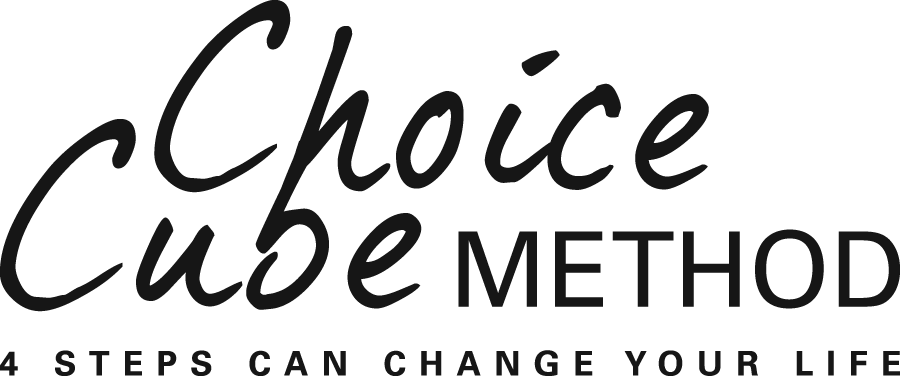The latest buzz among neuroscientists is that this processl can cause lasting changes to structures in your brain and body!
Fascinating! This finding seems so interesting for two major reasons. Firstly, the new and exciting news is that dwelling on a thought, emotion, or desire can change the structure of your brain and influence our body.
Secondly, is it not remarkable that God described the power of mental rehearsal all those years ago and that neuroscience is just now catching up with God’s Word?
This scripture for example:“My son, attend to my words; incline thine ear unto my sayings.Let them not depart from thine eyes; keep them in the midst of thine heart (rehearsal).For they are life unto those that find them, and health to all their flesh (the result of rehearsal).”Proverbs 4:20-22 (KJV)
According to this scripture, faithful mental rehearsal of God’s Word creates changes to the brain, nervous system, and body that lead to abundant life and better health. Or to say it another way, your choice to focus on God’s Word can make changes to your brain and body as neuroscientists suggest.
Or, what about this scripture?
“And the Lord said, Behold… nothing will be restrained from them, which they have imagined to do.”Genesis 11:6 (KJV)
Does this scripture suggest that unrestrained imagining—mentally rehearsing something over and over—transforms it into reality?
It would seem so.
The following scripture pushes the envelope but certainly provides food for thought.
“But I say to you that whoever looks at a woman to lust for her has already committed adultery with her in his heart.”Matthew 5:28 (NKJV)
Do you agree that a man who has struggled with lust and overcome it would avoid lust-evoking situations? Instead, refusing to dwell on adulterous thoughts, he would have wholesome strategies to deal successfully with temptation and create a better life for himself and his family.
Understanding the power of mental rehearsal is no little thing. It makes us potential co-creators with God and holds each of us responsible for what we think, feel, and want.
It is even possible that the healthy thinking and mental rehearsal, first suggested in the Bible and now by neuroscientists, may become part of treatment for all kinds of physical and mental problems.
Reproduction, copying, or redistribution (electronic or otherwise, (including on the World Wide Web), in whole or in part is encouraged provided the attribution Choice-Cube Publications is preserved. 2014 Choice-Cube Publications LLC. Licensed under Creative Commons Attribution 3.0 Unported License.





